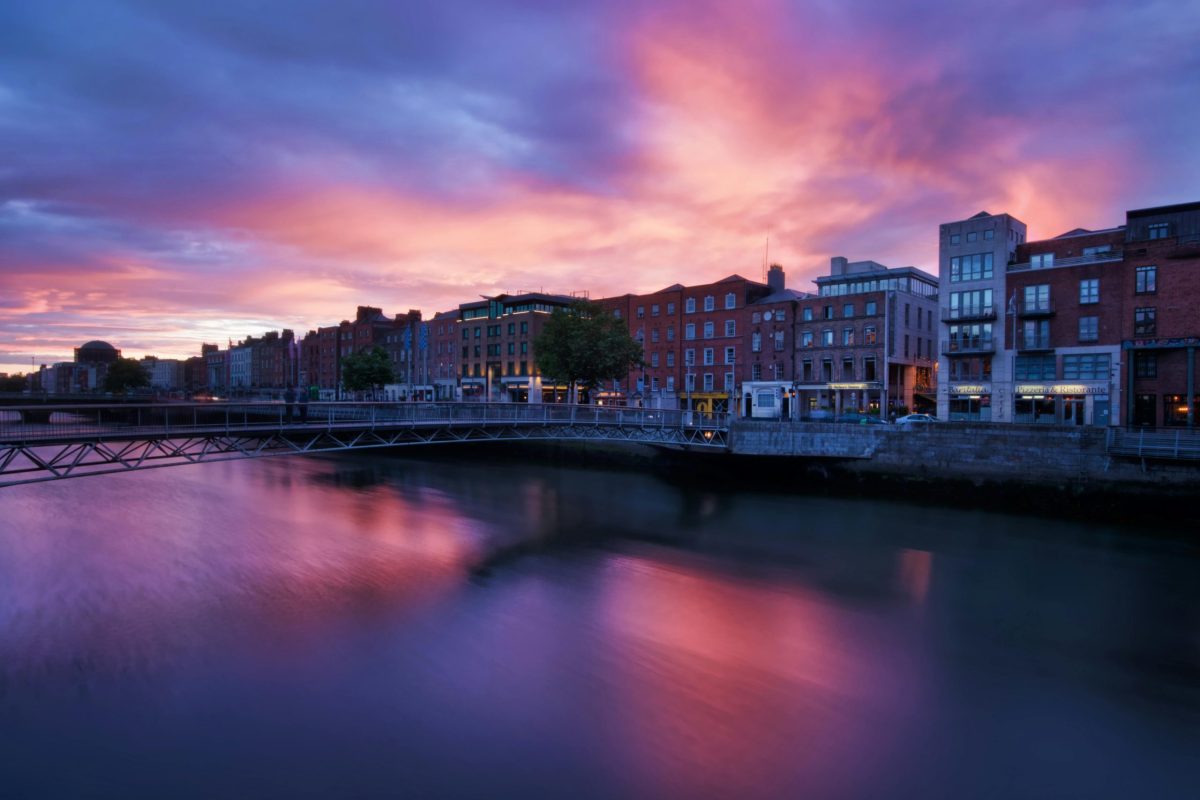Uncategorized
The Voices of Magdalene: Stories that Changed Ireland
How the Forgotten Women of the Magdalene Laundries Shattered Silence and Reshaped Modern Ireland
Estimated reading time: 7 minutes
Key Takeaways
- The voices of women from the Magdalene Laundries are integral to understanding modern Irish identity.
- Awareness and advocacy for victims have evolved dramatically, culminating in formal apologies and recognition.
- The legacy of the Magdalene survivors continues to inspire social justice movements and dialogue around women’s rights.
Table of Contents
Introduction
The Heart of the Story
The Wider Echo
The Now & The Next
Did You Know?
FAQs
Final Word
Introduction
A shiver in the spine, the stories buried deep, silenced screams echoing off the stone walls of Irish history. The Magdalene Laundries, monuments of shame, held thousands captive — not just in body but in spirit. Here, women lived lives of erasure, their identities stripped bare, their voices silenced. To some, they were the fallen; to others, mere statistics. Today, we peel back those layers, honoring the forgotten and uncovering the truth they fought to tell. From these shadows, a radiant strength emerged, reshaping modern Ireland.
The Heart of the Story
In Galway, where the hills meet the sea, the stories of those women breathe life into the cobbled streets and sun-dappled fields. The laundries sprouted like weeds — where the good intentions of a pious society buried countless young women, branded as “fallen” or “disgraced.” From the 1920s to the 1990s, over 30,000 women labored within these walls, washing not just linen but the stains society placed upon their souls.
Witness their plight: Mary, a single mother whose baby was taken from her, slammed against the world’s cruelty; Anne, locked away for refusing to surrender her dreams to staying “respectable.” These women endured labor, loneliness, and shame in silence, but within their shared struggle was a rebellion waiting to bloom. It was within these confines that they forged friendships that transcended the harsh realities of their lives, building a sisterhood of resilience. Galway became their silent witness, the salty breeze sweeping across the city, carrying with it whispers of their fight for freedom.
The Wider Echo
But change does not happen overnight. It took decades for their stories to break through the concrete walls of societal silence. In 1993, thanks to the brave voices of women like Tómas Ó Cárthaigh and the tireless campaigning of groups like the Magdalene Survivors Together, awareness began to unfurl like a clenched fist. The tide turned when, in 2013, the Irish government issued an apology, validating the pain and anguish of women who had suffered for far too long. According to the *Report of the Inter-Departmental Committee to establish the facts of State involvement with the Magdalene Laundries*, the stories published had shocking implications for the future of Ireland, shattering clockwork perceptions of “the good” and “the sinful.”
The Now & The Next
Here we stand, in a new Ireland, ripe with diversity and awareness. The threads of those who served in the laundries weave into our tapestry, reminding us that progress means giving voice and agency to the once-voiceless. Today, we see campaigns fighting for the rights of those oppressed, the battle against discrimination, and the fight for mental health awareness taking shape. As those women walked out of the darkness, they lit a path illuminating the importance of speaking truth to power, of weaving a fabric of empathy within our society. Their bravery shapes our ideals, a steadfast pulse that we, as a nation, carry forward.
Did You Know?
- The Irish government formally apologized for the State’s involvement with the Magdalene Laundries in 2013, acknowledging the suffering endured within.
- The laundries operated not only in Ireland but also in the UK, Canada, and the US, often influenced by the same harmful ideologies during the mid-20th century.
FAQs
What was the purpose of the Magdalene Laundries?
Originally intended as refuges for women viewed as “impure” or “fallen,” they became prisons of labor and shame. Over time, they became state-sanctioned institutions where societal expectations were enforced through harsh means. For more insight, check out our sections concerning Galway.
How have the Magdalene survivors influenced Irish society today?
The survivors’ stories have sparked vital discussions about social justice, women’s rights, and mental health, driving modern Ireland toward reconciliation and healing.
Final Word
As we raise our glasses in honor of those who survived, recognize the strength in vulnerability — the power found in breaking silence. The stories of the Magdalene women are not just tales of despair but of unyielding spirit, a luminous reminder that their shadows now illuminate our path. If you carry the same pride we do, you’ll find a piece of home waiting at
HubIrish.com.

